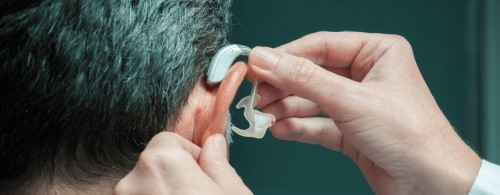What Are the Symptoms of a Deviated Septum?
A deviated septum can have a dramatic impact if it affects the airflow through your nose. How can you recognise the signs of a deviated septum and when should you see a doctor about it?
What is a Deviated Septum?
The septum is the part of your nose that separates the two nasal cavities. You can see the end of the septum in between your nostrils. The septum is usually a little bit crooked or asymmetrical. About 80% of us have a septum that is misaligned to some extent, but it doesn’t usually cause any problems. However, for some people the deviation (or displacement to one side) is so severe that it can actually interfere with our breathing. For example, one of the nasal cavities could be much smaller than the other, preventing air from flowing freely through one side of the nose. You might have developed a deviated septum naturally as your nose grew, but it can also happen as the result of an injury.
How Can a Deviated Septum Affect Me?
The most common sign of a deviated septum is nasal congestion, but the extent of this will depend on exactly how your nasal passages are affected. You might just have a slight blockage that causes problems when you also have swelling or stuffiness due to a cold or allergies. However, a more severe blockage could interfere with your breathing all the time. When the congestion is associated with a deviated septum, it is usually felt more on one side of the nose than the other as one of the nasal passages is usually smaller than the other.
Having a deviated septum can also cause problems because your nasal lining can be more likely to dry out. You can also be more likely to develop sinus infections.
Other possible signs of a deviated septum can include:
- Snoring or noisy breathing while you’re sleeping
- Sleep apnoea (when you stop breathing while you are sleeping, which can be very serious)
- Needing to sleep on a particular side to avoid breathing problems
- Headaches or pain around your nose and face
- Nosebleeds or nasal scabs
- Dryness in your nose or mouth (if you have to breathe through your mouth instead)
- Being more aware of your breathing or of postnasal drip
- Frequent sinus infections
When Should I See a Doctor About a Deviated Septum?
If you’re experiencing symptoms of a deviated septum then you should see a doctor. It’s especially important to seek medical advice if your breathing is affected or you think you have sleep apnoea. An ENT specialist may recommend treatments such as surgery to improve the airflow through your nose and prevent issues such as infections and nosebleeds.












